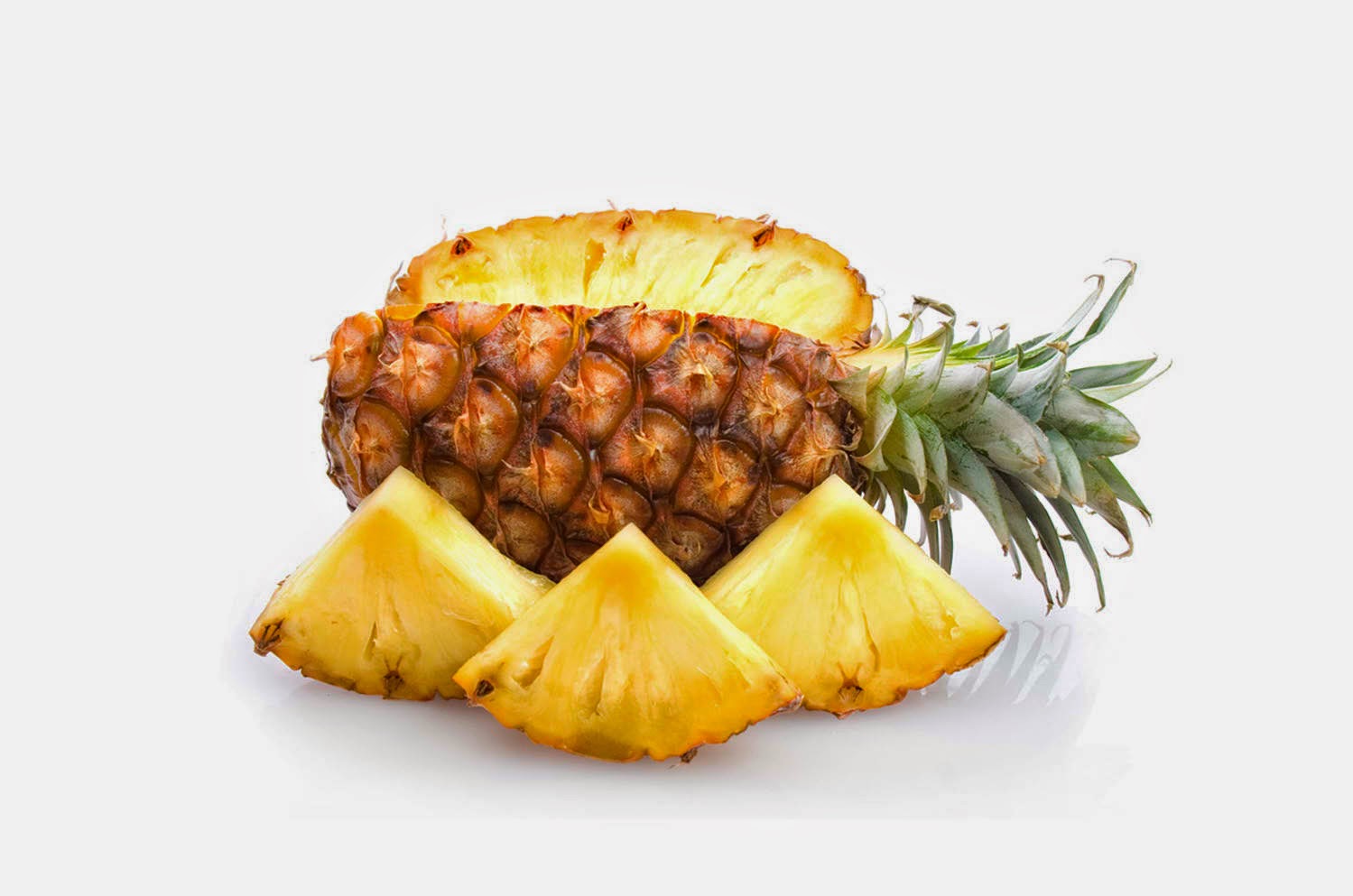I'm happy to hear that Mom has been doing well these days. Last month, she was hospitalized for hypothyroidism and over fatigue. But now she's back in good shape. Her secret? ALOE VERA TEA... And so, I am inspired to write about this wondrous plant and do a research on its healing effects. And to tell you the truth, I am really awed at its healing powers.
Aloe vera is a stemless or very short- stemmed plant belonging to the lily species like onions. Its leaves are thick and fleshy and often extracted for both internal and external applications. Aloe vera derived its name from the Arabic word "alloeh" which means bitter, as the aloe leaves contain a bitter liquid.
Aloe vera has long been used as a medicinal plant since the ancient civilization. And up to the present times, this plant continues to have its healing wonders. Not to mention the fact that it is widely used in the beauty industry.
But how does ALOE VERA really help our bodies?
1. Aloe Helps with Digestion
Poor digestion is related to many diseases. A properly functioning digestive tract is one of the keys and foundations of health. Aloe is known to soothe and cleanse the digestive tract and help improve digestion. The interesting thing about taking aloe internally is that, because it is an adaptogen, it helps with either constipation or diarrhea, helping to regulate your elimination cycles in whatever way you need. It’s been a great remedy for people with problems such as irritable bowel syndrome as well as acid reflux. Aloe also helps to decrease the amount of unfriendly bacteria and in our gut keeping your healthy intestinal flora in balance. Aloe is also a vermifuge, which means it helps to rid the body of intestinal worms.
2. Aloe Vera is High in Amino Acids & Fatty Acids
Amino acids are the building blocks of protein. There are about 22 amino
acids that are necessary for the human body and it is said that 8 of these are
essential. Estimates of the amino acids found in aloe range from 18-20 amino
acids, with all 8 essential amino acids.
Alove Vera also includes quite an impressive range of fatty acids. Aloe
contains three plant sterols, which are important fatty acids- HCL cholesterol
(which lowers fats in the blood), campesterol, and B-sitosterol. All are
helpful in reducing symptoms of allergies and acid indigestion. Other fatty
acids include linoleic, linolenic, myristic, caprylic, oleic, palmitic,
and stearic.
3. It is High in Vitamins & Minerals:
Aloe Vera contains many vitamins including A, C, E, folic acid, choline, B1, B2, B3 (niacin), B6. Aloe Vera is also one of the few plants that contains vitamin B12. Some of the 20 minerals found in Aloe Vera include: calcium, magnesium, zinc, chromium, selenium, sodium, iron, potassium, copper, manganese.
4. Aloe Helps in Detoxification
Aloe Vera is a gelatinous plant food, just like seaweeds and chia. The
main benefit to consuming gelatinous plant foods in your diet is that these
gels move through the intestinal tract absorbing toxins along the way and get
eliminated through the colon. This will help the proper elimination of waste
from your body and help the detoxification of your body.
5. Cardiovascular Health
There hasn’t been a lot of studies conducted in this but there has been
some research to show that Aloe Vera extract injected into the blood, greatly
multiplies the oxygen transportation and diffusion capabilities of the red
blood cells.
6. Aloe Helps Boost the Immune System
Aloe is also an immune enhancer because of its high
level of anti-oxidants, which help combat the unstable compounds known as
free-radicals, contributing to the aging process. (Free radicals are a
bi-product of life itself, it is a naturally occurring process but we can
overload ourselves with unnecessary free-radicals by living an unhealthy
lifestyle) Aloe is also an antipyretic which means
it used to reduce or prevent fever.
7. Aloe Vera is Great for the Skin
Because of aloe’s well-known healing properties for the skin, aloe is
one of the primary compounds used in the cosmetic industry. It is a known
vulnerary, (meaning it helps heal wounds) and is great for applying topically
to burns, abrasions, psoriasis and even to bug bites. Aloe acts as an
analgesic, acting to help relieve pain of wounds. It’s feels especially
good to cut a stem of aloe, place it in the fridge and rub it on sun burnt skin
– the immediate soothing effect feels like an absolute lifesaver. Aloe is also
an antipruritic: A substance that relieves or prevents itching. Aloe Vera is an
astringent: which causes the contraction of body tissues, typically used to
reduce bleeding from minor abrasions.
Aloe
increases the elasticity of the skin making it more flexible through collagen
and elastin repair. Aloe is an emollient, helping to soften and soothe the
skin. It helps supply oxygen to the skin cells, increasing the strength and
synthesis of skin tissue and induces improved blood flow to the skin through
capillary dilation.
8. Aloe helps reduce Inflammation
Aloe Vera contains 12 substances, including B-sisterole, which can help
to slow down or inhibit inflammation. This may be able to help with
painful joints due to stiffness and help improve joint flexibility.
9. Weight Loss – A Secondary effect
Improving your digestion, and detoxifying your will have a secondary
effect in promoting weight loss because when we start to improve our digestion
we naturally eliminate more efficiently, which is a primary way they we
detoxify – through our bowels. This will lighten our toxic load on the body and
will give us more energy.
No wonder Mom is so excited about this plant. It really is a WONDER PLANT.

.jpg)







.jpg)
.jpg)






.jpg)




_02.jpg)